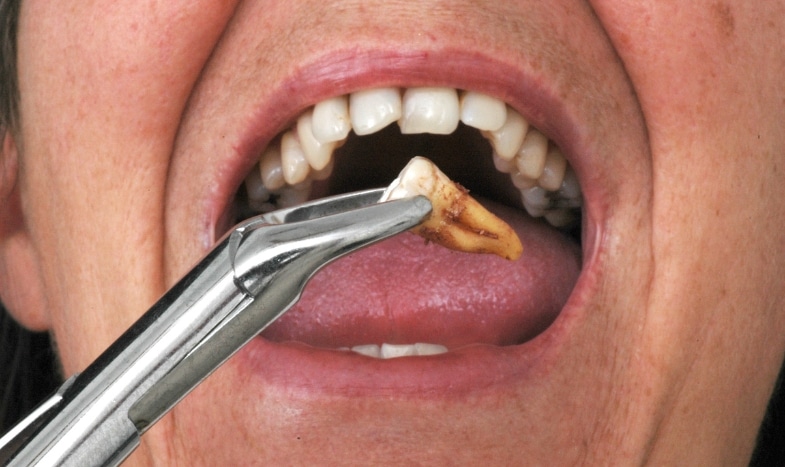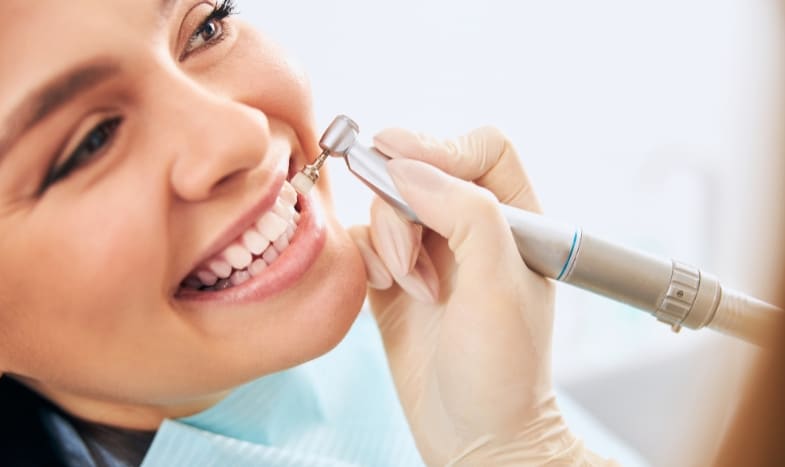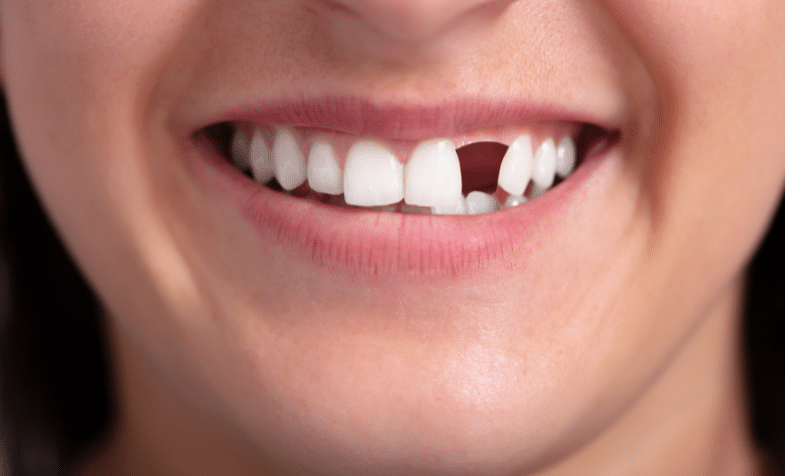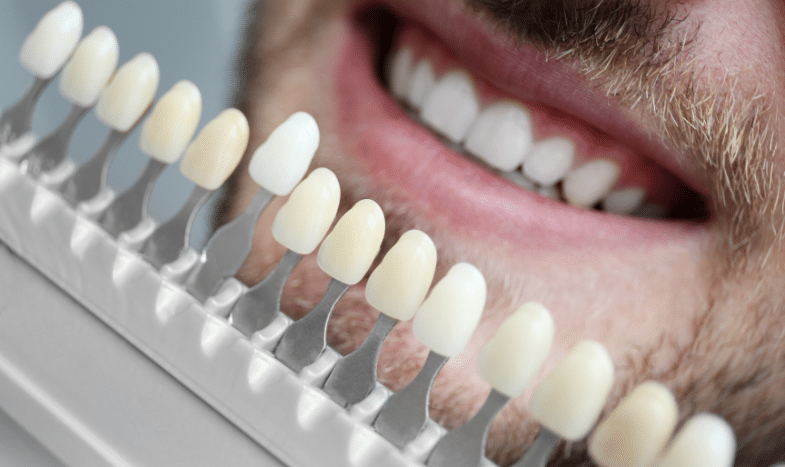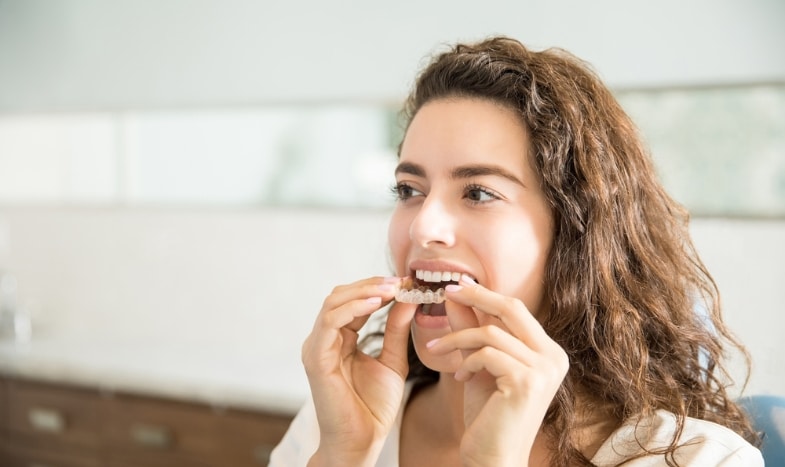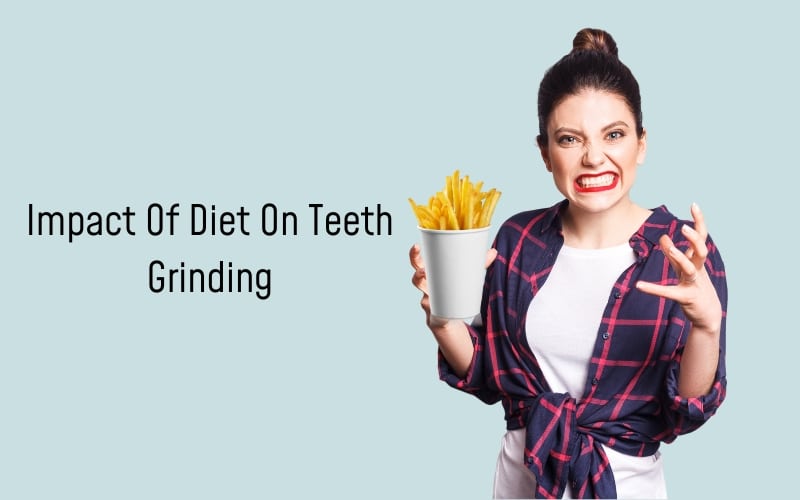
The Impact Of Diet On Teeth Grinding
People who have bruxism, often known as teeth grinding disorder, unconsciously clench or grind their teeth. This often occurs during sleep or times of stress. Understanding the causes and effects of bruxism is crucial for managing and potentially reducing its impact.
One significant but often overlooked factor is diet. What we eat can influence bruxism by affecting muscle function, stress levels, and overall oral health.
By exploring how diet plays a role in teeth grinding, we can gain insights into more effective management strategies and improve overall well-being.
What is Teeth Grinding?
Teeth grinding, medically known as bruxism, involves the involuntary clenching or grinding of teeth. This habit can happen during the day (awake bruxism) or night (sleep bruxism). Common symptoms include jaw pain, headaches, worn enamel, and increased tooth sensitivity. People with bruxism might also experience jaw stiffness and difficulty opening their mouth fully.
The causes of bruxism are multifaceted. Stress and anxiety are significant contributors, often leading individuals to clench their teeth as a coping mechanism. Misalignment of teeth or an abnormal bite can also cause bruxism, as the body tries to correct perceived misalignments.
In some cases, bruxism is linked to sleep disorders like sleep apnea. Certain medications, especially antidepressants, may also trigger bruxism as a side effect. Identifying the underlying causes of bruxism is essential for developing a comprehensive management plan.
The Link Between Diet and Teeth Grinding
Diet plays a crucial role in influencing teeth grinding, also known as bruxism. Understanding the connection between what we eat and how it affects bruxism can provide valuable insights into managing this condition.
Bruxism often results from various factors, including stress, misalignment, and certain medications. However, dietary habits can also significantly impact its severity and frequency.
Certain foods and beverages can exacerbate bruxism by affecting muscle tension and oral health. Caffeine, commonly found in coffee, tea, and energy drinks, stimulates the nervous system, leading to increased muscle tension. Teeth grinding may result from this increased awareness, especially if it’s taken right before bed or in big quantities.
Similarly, sugary and acidic food can weaken tooth enamel and irritate gums, making the teeth more susceptible to grinding. High sugar levels lead to inflammation and discomfort, while acidic food can erode enamel, increasing sensitivity and promoting bruxism.
On the other hand, a diet rich in specific nutrients can help alleviate bruxism. Magnesium, for example, is known for its muscle-relaxing properties. Magnesium-rich food, like leafy greens, nuts, and seeds, can ease tense muscles and lessen grinding.
Hydration is another important factor; staying well-hydrated helps maintain muscle function and prevent cramping. Hydrating foods like cucumbers and watermelon support overall muscle health, including those in the jaw.
Adding food that reduces inflammation to your diet can help if you have bruxism. Berries, fatty fish, and other anti-inflammatory options can reduce muscle inflammation and discomfort. By making informed dietary choices, it is possible to manage bruxism more effectively, leading to improved oral health and reduced grinding.
Food that May Contribute to Teeth-grinding
Caffeine and Stimulants: Caffeine, found in coffee, tea, and energy drinks, can increase nervous system activity. This stimulation may heighten muscle tension and exacerbate teeth grinding. Regular consumption of these beverages can make bruxism worse by keeping the body in a heightened state of alertness.
Sugary and Acidic food: High-sugar and acidic food can weaken tooth enamel and irritate the gums. This makes teeth more vulnerable to grinding and damage. Consuming sweets and acidic food like citrus fruits or soda can lead to increased sensitivity and discomfort in the teeth, promoting bruxism.
Hard and Chewy food: Food that is hard or chewy, such as nuts, popcorn, or tough meats, require significant jaw movement. Over time, this constant chewing can strain jaw muscles, potentially leading to bruxism. The excessive use of these muscles can make them more prone to clenching and grinding.
Food that May Help Alleviate Teeth-grinding
Magnesium-Rich food: Magnesium can lessen bruxism and is essential for relaxed muscles. Nuts, seeds, and leafy greens are food strong in magnesium that help relax tight muscles and stop grinding. By including these nutrients in your diet, you can lessen grinding and enhance general muscle performance.
Hydrating food: Proper hydration is essential for muscle function, including those in the jaw. Hydrating food, such as cucumbers and watermelon, helps maintain fluid balance in the body. Adequate hydration can alleviate muscle tension, making it easier to manage bruxism.
Anti-Inflammatory food: Food with anti-inflammatory properties can reduce muscle inflammation and discomfort. Berries, fatty fish, and other anti-inflammatory food can help reduce the impact of bruxism by calming inflammation in the jaw muscles and surrounding tissues.
Tips for Managing Teeth Grinding Through Diet
Balanced Diet: Maintaining a balanced diet is key to overall health and can support muscle function. A diet rich in vitamins and minerals ensures that your body operates optimally, which can help reduce bruxism.
Avoiding Trigger food: Identify and limit food that exacerbates bruxism. Reducing caffeine, sugar, and acidic food can help decrease the severity of teeth grinding. Avoiding these triggers can lead to noticeable improvements in bruxism symptoms.
Meal Timing and Portion Control: Eating smaller, more frequent meals can help reduce jaw strain. Large, heavy meals can put extra pressure on the jaw, increasing the likelihood of grinding. Proper portion control and meal timing can alleviate some of the discomfort associated with bruxism.
Diet significantly impacts teeth grinding, with certain foods and beverages exacerbating the condition while others can help alleviate it. By making informed dietary choices and consulting healthcare professionals, individuals can better manage bruxism.
If teeth grinding persists despite dietary changes, seeking personalized advice from a dentist or healthcare provider is crucial. Addressing both dietary and medical aspects can lead to effective management and improved oral health.
